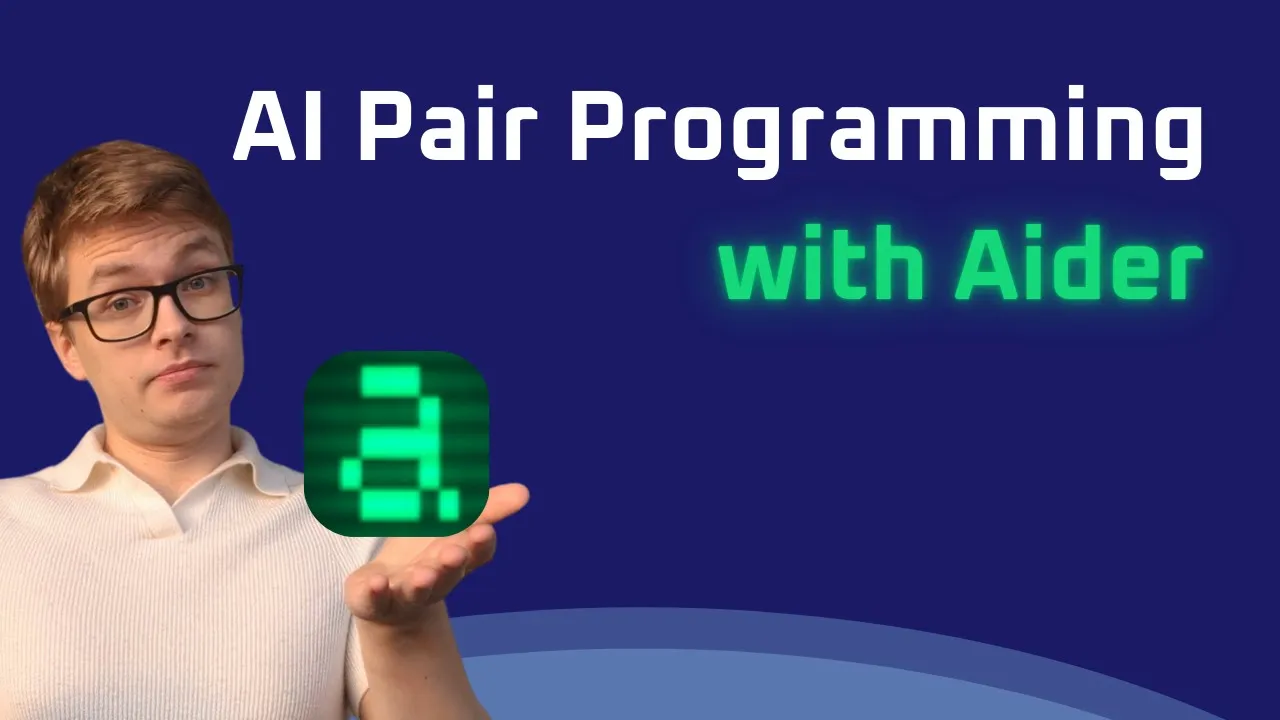From Stack Overflow to AI Companions
The journey from puzzling over code problems alone to having intelligent assistance available 24/7 represents one of the most significant shifts in modern software development. This evolution has fundamentally changed how developers learn, solve problems, and grow professionally, opening new pathways for those following a comprehensive AI engineering career path.
The Traditional Developer Support Landscape
For decades, developers navigated a limited set of options when facing coding challenges:
- Documentation ranging from excellent to non-existent
- Community forums with variable response times and quality
- Team members who might be unavailable or equally puzzled
- Books and courses that couldn’t address specific implementation issues
These traditional resources created a distinct pattern in developer work: the dreaded “research gap” where productive coding halted while solutions were sought. This pattern wasn’t just inefficient, it actively discouraged exploration and experimentation.
The Community-Driven Era
The rise of Stack Overflow and similar platforms around 2008 marked a revolutionary moment in developer support. Suddenly, the collective knowledge of the global developer community became searchable. This brought tremendous advantages but also notable limitations:
Advantages:
- Democratized access to expert knowledge
- Created a searchable repository of solutions
- Established patterns for asking technical questions
- Built community recognition around knowledge sharing
Limitations:
- Solutions required exact keyword matches
- Questions asked years ago might have outdated answers
- Many problems were too specific to have exact matches
- Question quality varied dramatically
Most significantly, the community model still required developers to frame their questions perfectly and wait for responses, maintaining the core “halt and search” pattern that interrupted productive work.
The Emergence of AI Companions
The integration of AI directly into the development environment marks the third major evolution in developer assistance. This shift brings several transformative changes to how developers approach challenges:
From Search to Conversation: Rather than searching for exact problem matches, developers can describe issues conversationally, refining questions based on AI responses until a solution is found.
From Context Switching to Flow: Instead of leaving the coding environment to seek help, solutions appear directly where the work happens, maintaining the developer’s precious flow state.
From General to Specific: AI companions understand the specific context of your code, providing suggestions tailored to your particular implementation rather than generic solutions.
From Passive to Active Learning: Traditional resources provided static answers. AI companions can explain concepts, provide examples, and help you understand the “why” behind solutions.
Knowledge Accessibility and the Democratization of Expertise
Perhaps the most profound impact of AI programming companions is the democratization of expertise. In traditional environments, junior developers were limited by:
- Access to senior mentorship
- Team availability for questions
- Geographic and economic factors affecting educational opportunities
- Language barriers in documentation
AI assistance levels this playing field. A developer in any location, on any team, working at any hour now has access to guidance comparable to sitting beside an experienced programmer. This accessibility transforms not just individual capabilities but also who can participate effectively in the software development profession. For those looking to build a standout portfolio that demonstrates these modern skills, my guide to 100k AI engineering portfolio projects provides a comprehensive roadmap.
The Future of Developer Knowledge Work
As AI companions become more sophisticated, we’re witnessing the early stages of a profound shift in how developers allocate their intellectual energy. The future developer spends less time on:
- Syntax memorization
- Library-specific quirks
- Boilerplate implementation
- Routine debugging
And more time on:
- System architecture
- User experience design
- Business logic implementation
- Creative problem-solving
- Building intelligent AI agent systems that can automate complex workflows
This reallocation of mental resources promises to make development work both more productive and more intellectually rewarding. For developers ready to capitalize on these changes, building comprehensive AI engineering skills becomes essential for career advancement.
To see exactly how to implement these concepts in practice, watch the full video tutorial on YouTube. I walk through each step in detail and show you the technical aspects not covered in this post. If you’re interested in learning more about AI engineering, join the AI Engineering community where we share insights, resources, and support for your journey. Turn AI from a threat into your biggest career advantage!
